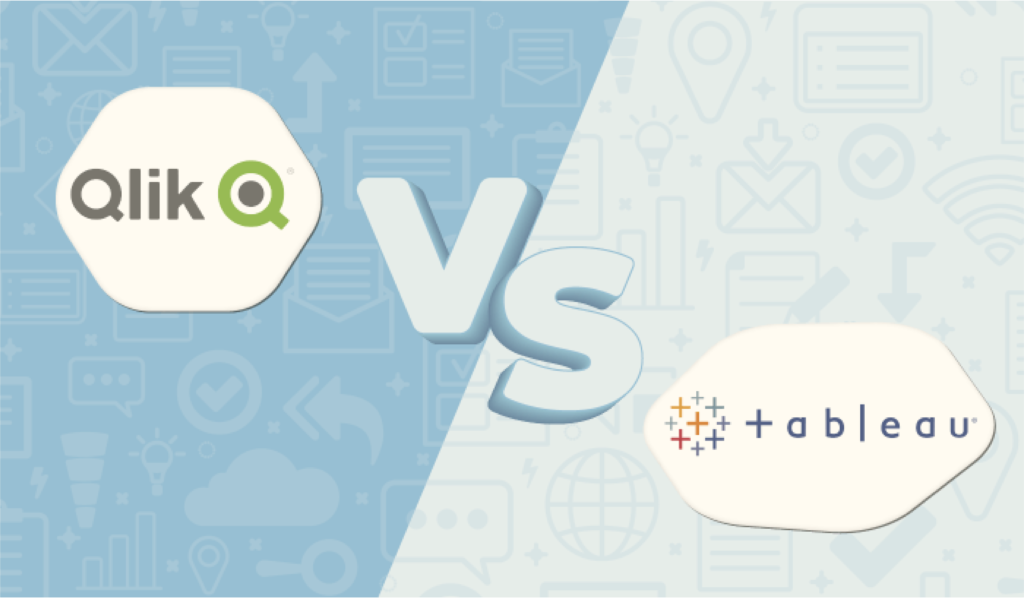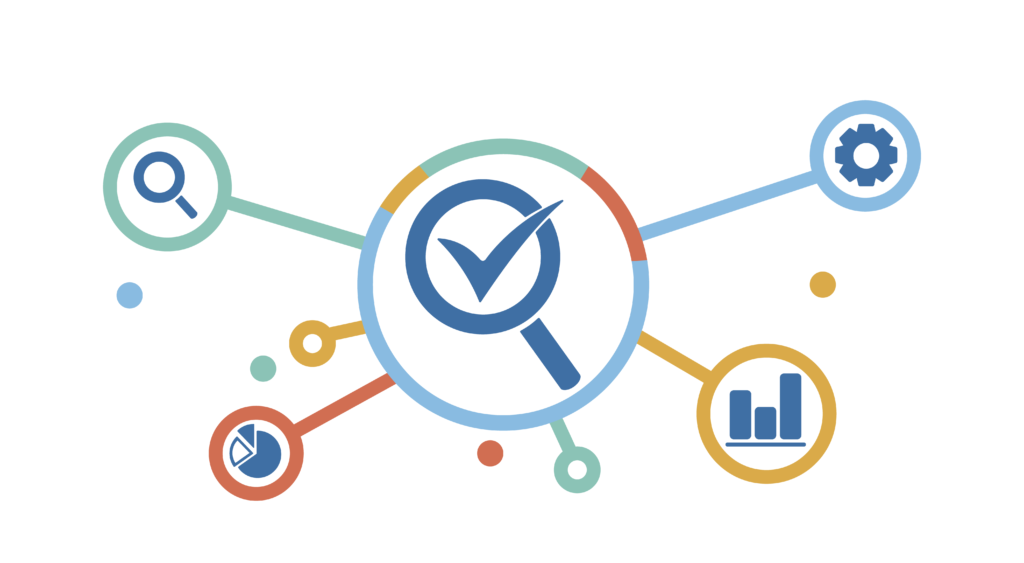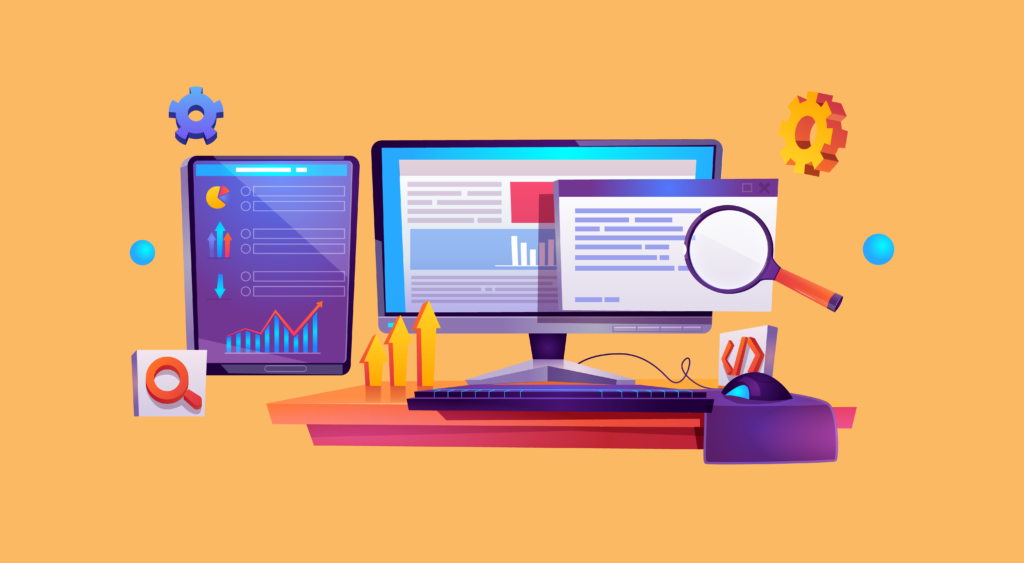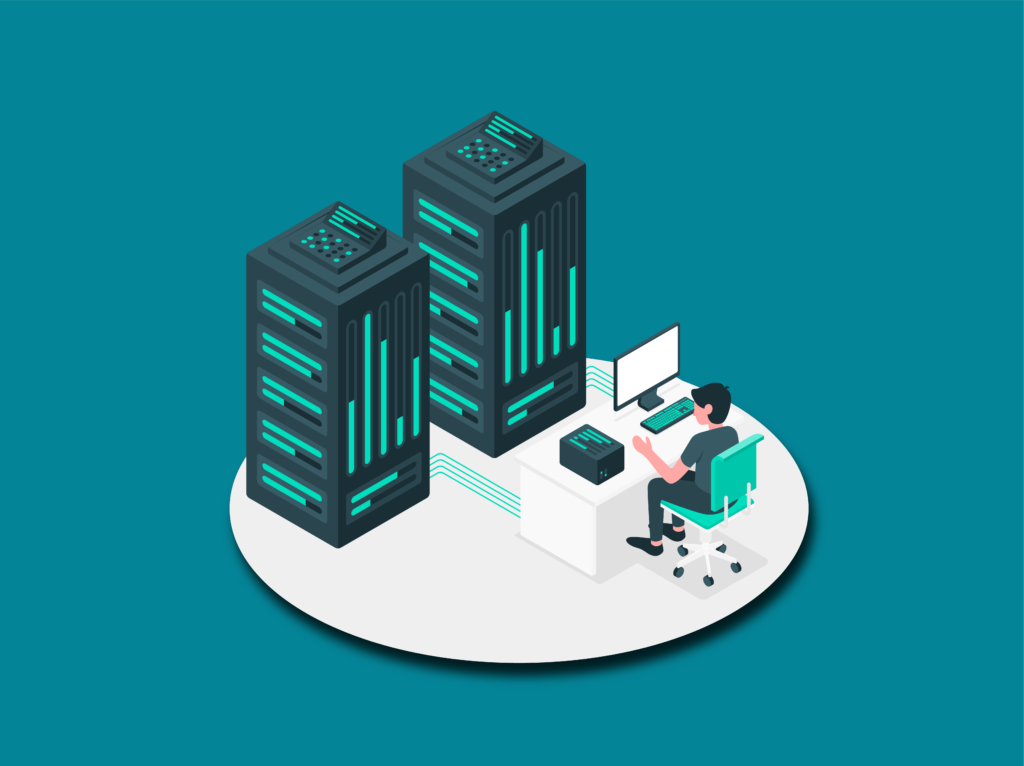Business Intelligence (BI) tools help businesses make sense of the thousands of data points they generate routinely. They help you gain an insight into the trends and developments of your business. With this knowledge, you can make more meaningful and strategic decisions for your organization that boost profits and income.
Most businesses use BI tools to help garner a profound understanding of how their business works. These tools offer comprehensive analysis, reports, and visualization of data, all in one platform. These intelligent platforms or tools usually come in the form of software that can be purchased and downloaded.
Qlik Sense and Tableau are two different data analysis platforms that derive meaning from large collections of business data, making them useful and practical. Both Qlik Sense and Tableau are pricey business solutions that are taking the BI tools market by storm!
Both Qlik Sense and Tableau aim to serve the same purpose: providing data visualization and analysis. However, there are some key differences between the two platforms. While at first, Qlik Sense aimed to satisfy the needs of an enterprise system and Tableau was designed to visualize data and work on ad hoc queries, the two platforms have since evolved into fully functioning, interactive business tools.
The Benefits of Using Qlik Sense
Qlik Sense is a powerful Business Intelligence tool that intends to make business data available to all relevant parties in an organization by focusing on data literacy. Essentially, Qlik Sense is a platform that discovers and highlights significant business data and allows its users to develop versatile and collaborative visualizations, which can then lead the business to make strategic and profitable decisions.
Many BI solutions seek to help businesses by signifying the trends in their data in a meaningful way. What makes Qlik Sense stand out from the other BI tools is that this software also answers the questions that arise from the user base regarding their business’s data. Qlik Sense enlightens you about your data and allows you to navigate through and maneuver your data in the way you see fit. You can learn from the insights and knowledge that Qlik Sense provides and decide the next step for your business accordingly.
Qlik Sense ensures that your data is analyzed at lightning-fast speeds. It uses the help of Artificial Intelligence to create and develop smart data visualizations that can help you choose the right path for your business. With its exemplary Associative Engine, all Qlik Sense users can explore their business’s data in every direction and highlight the key relationships and connections between this data. Qlik Sense also allows you to uncover insights about your data that can’t be revealed by other BI products or SQL.
The use of AI makes Qlik Sense a commendable BI tool as it adds a new level of insight to any business data. AI helps this software automate tasks and data relationships, as well as offer a collection of advanced analytics that allow your data to be easily discovered and collaborated with. Qlik Sense also works offline, which can double the productivity of your business. Even if your organization runs into an Internet issue, you can still use this platform to satisfy your needs. Qlik Sense offers a complete set of APIs that lets users create sensible and useful analytics and embed them into apps and other software.
The Pros of Using Tableau
Tableau is another compelling Business Intelligence that analyses and visualizes data at fast speeds. Tableau specializes in streamlining raw data into useful data that can be understood easily by the user base, regardless of their level in an organization. This way, it can be used by non-technical users as well.
The reason Tableau stands out from other BI tools is that it is one of the fastest data analysis and visualization tools in the market. The insights and visualizations Tableau produces are presented in the form of simplified dashboards and worksheets. Some of the more well-known qualities of Tableau are that it provides data blending, analysis of data in real-time, and presentation of data in a collaborative format. It does not need any professional technical skills or knowledge in order to operate.
Although Tableau is one of the simpler BI solutions, it is a remarkably powerful tool. Professionals from all fields and sectors, including research, business, and computer science, tend to use Tableau for their data insights.
Qlik Sense vs. Tableau
While both Business Intelligence tools are incredibly competent and stand out in their own way, there are a few distinctions between the two.
- Usability
When it comes to ease of usability, Tableau is certainly the winner. Tableau has a much faster set-up than Qlik Sense and creates and develops data connections and dashboards seamlessly. Data can also be shared much more easily on Tableau. Qlik Sense has yet to catch up.
- Reports
Both Tableau and Qlik Sense have effortless reporting functionalities. Qlik Sense is slightly ahead of Tableau as it delivers ad hoc reporting, data transformation, and scheduling. Its report design and output are also said to be better than Tableau. Tableau specializes in creating pre-defined reports.
- Implementation
The implementation of Qlik Sense is believed to be more complicated than that of Tableau. It requires you to search and hire Qlik experts and consultants who can assist you in implementing the software accurately. In comparison, Tableau is a much simpler software, although it requires the user to be specific about the functionalities and services they need. This is because Tableau servers need to be adapted and configured for the applicable functions.
- Supported Devices
Both BI tools are supported by a wide range of devices and operating systems, including Windows, macOS, Android, and iOS.
- Advanced Analytics
Tableau is more evolved than Qlik Sense when it comes to showcasing advanced data analytics. It provides specific expert functionalities, such as predictive data analysis and big data services.
In conclusion, although both Qlik Sense and Tableau are impressive Business Intelligence tools, they have some functionalities and capabilities that differ. Implementing the right Business Intelligence software depends on your organization’s specific needs and requirements.






